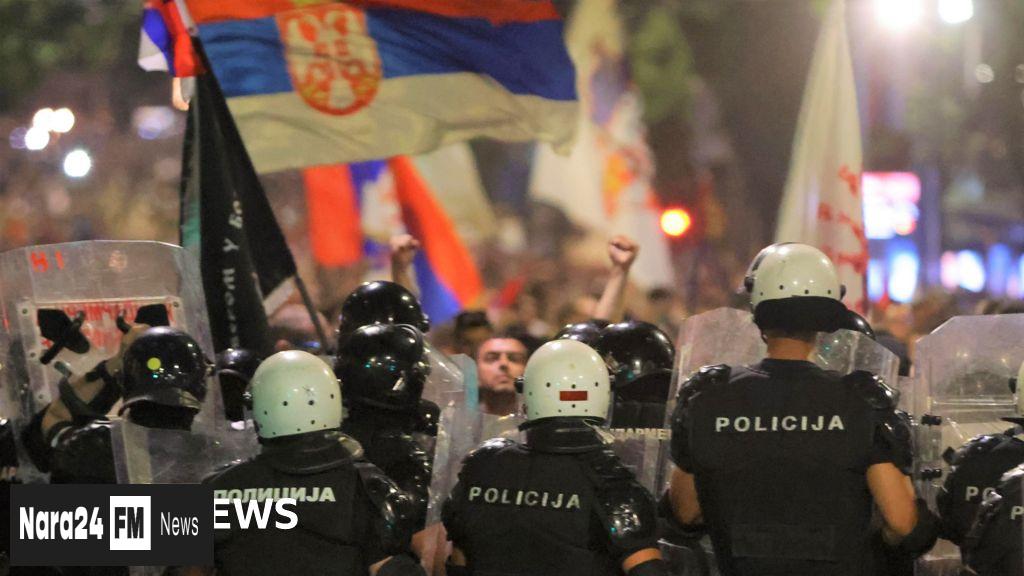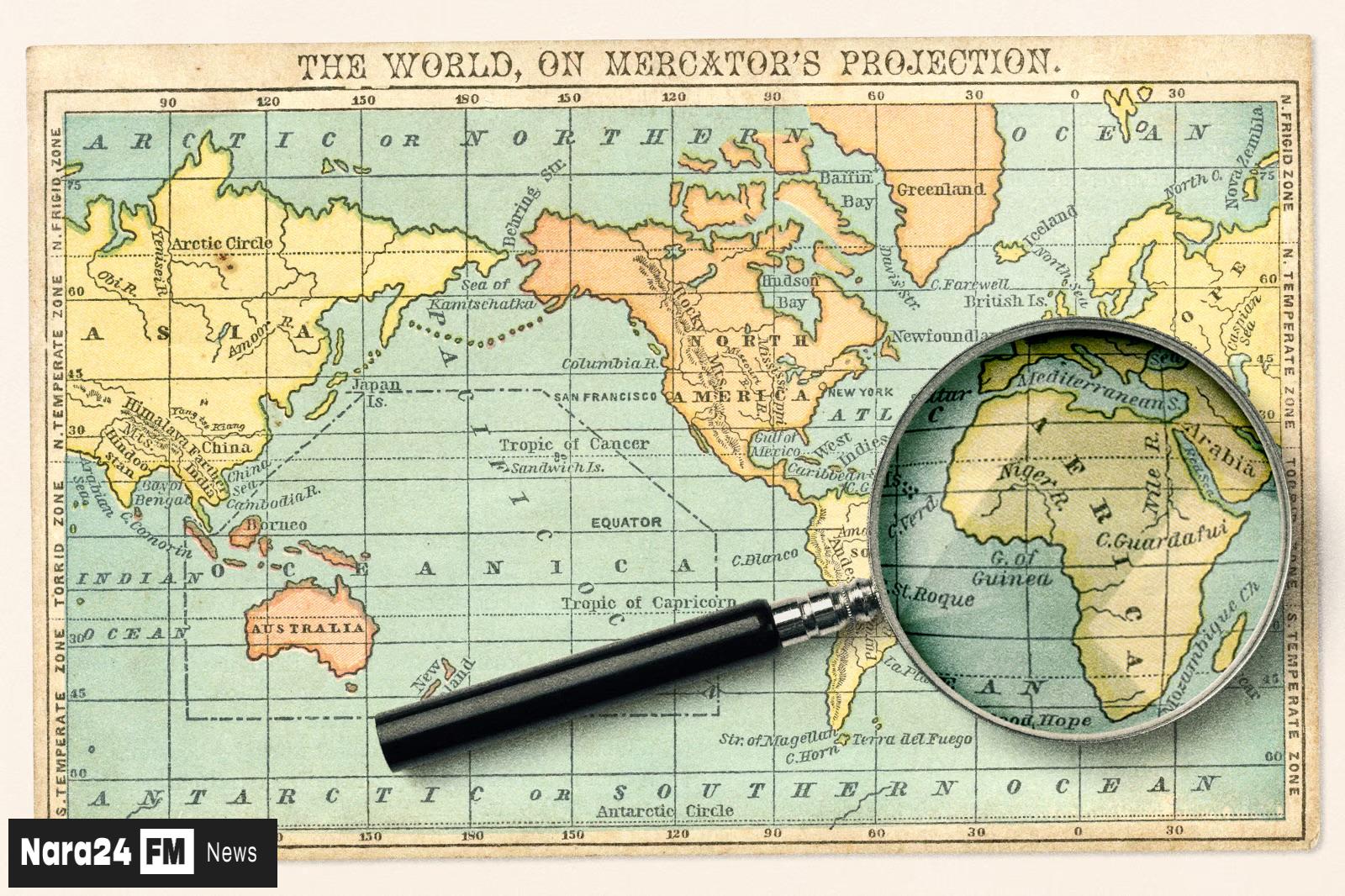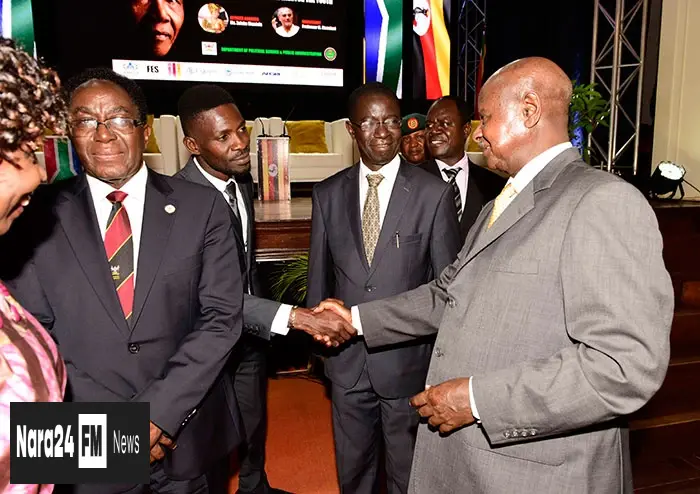Serbian police engaged in violent confrontations with a massive crowd of anti-government protesters in Belgrade on Saturday, as demonstrators demanded early elections and an end to President Aleksandar Vucic's 12-year rule. The protest, which drew an estimated 140,000 participants, marked the largest turnout in recent months, fueled by growing discontent with the populist government.
"We want elections!" echoed through the streets as riot police fired tear gas and stun grenades to disperse the crowd. Dozens of protesters were arrested during the clashes, which underscored the escalating tension between the government and its critics.
President Vucic, who has held power since 2012, dismissed the protests as part of a foreign-backed plot to destabilize Serbia. "They wanted to topple Serbia, and they have failed," he declared in a post on his Instagram account. Earlier in the week, five individuals were detained on allegations of conspiring to overthrow the government, according to Serbia's Higher Court in Belgrade.
Months of nationwide protests, including university shutdowns, have intensified pressure on Vucic, whose second term is set to end in 2027. The demonstrations, led by students and supported by opposition groups, teachers, workers, and farmers, began last December following a tragic construction collapse in Novi Sad that claimed 16 lives. Protesters have blamed corruption for the disaster, which also forced the resignation of the former prime minister.
Sladjana Lojanovic, a 37-year-old farmer from Sid, voiced her frustration during the rally. "The institutions have been usurped, and there is a lot of corruption. Elections are the solution, but I don't think he (Vucic) will want to go peacefully," she told Reuters.
Vucic's Progressive Party-led coalition currently holds 156 of 250 parliamentary seats, and he has previously rejected calls for snap elections. His opponents accuse him and his allies of corruption, ties to organized crime, and suppressing media freedoms—all allegations that the government denies.
As the protest concluded, organizers issued a statement urging Serbians to "take freedom into your own hands" and criticized the government's response. "The authorities had all the mechanisms and all the time to meet the demands and prevent an escalation. Instead, they opted for violence and repression against the people," the statement read.
Serbia, a candidate for European Union membership, has maintained close ties with Russia and has not joined Western sanctions against Moscow over its invasion of Ukraine. The ongoing protests highlight the deepening political crisis in the country as citizens demand accountability and change.









Comments (0)
Leave a Comment
Be the first to comment on this article!